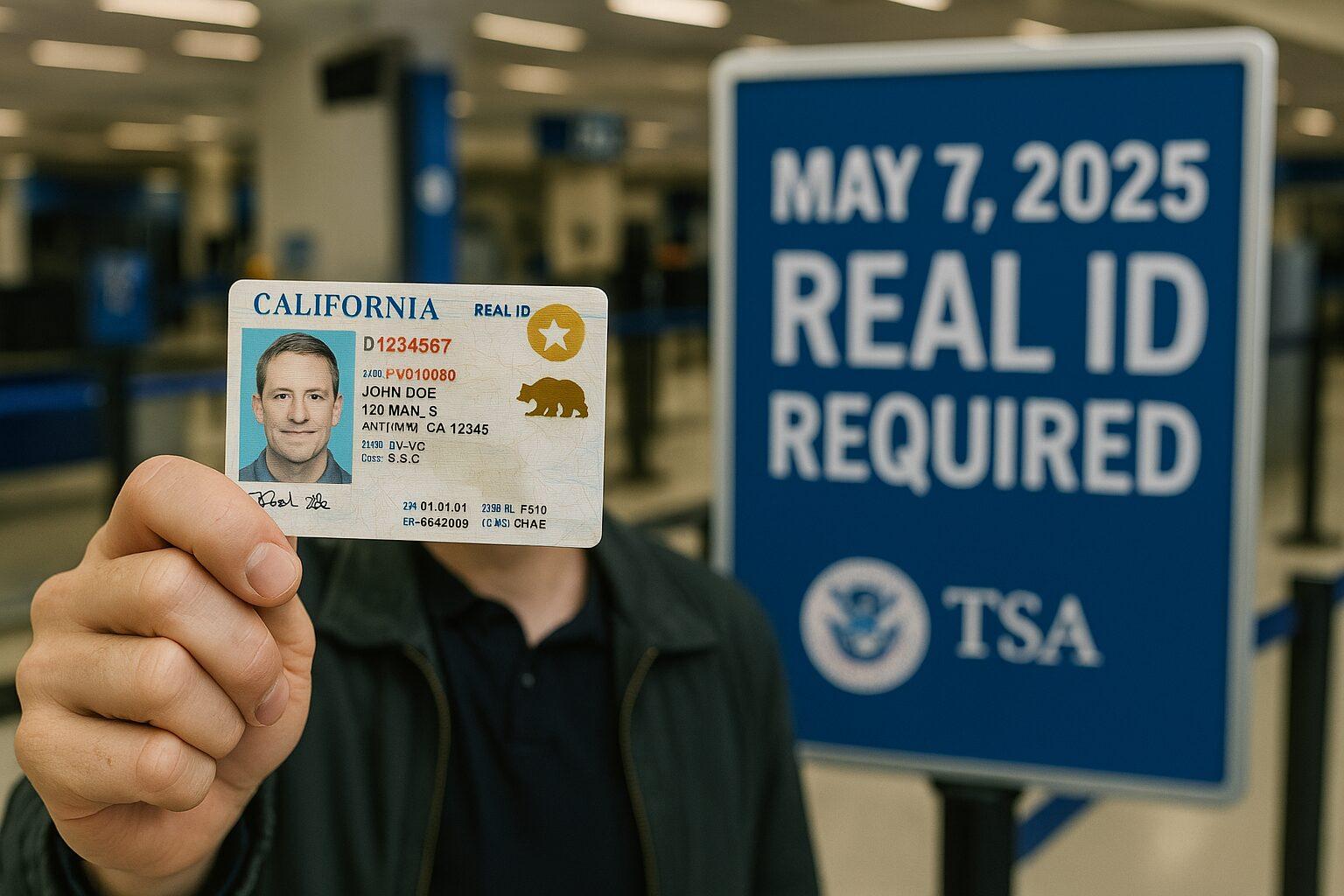STARTING July 1, countries in the European Union (EU) will open their borders to nonessential travelers from 15 countries that are deemed to have the coronavirus under control.
The Philippines, as well as the United States, did not make the cut in the list.
EU countries will begin lifting the travel restrictions at the external borders for residents of Algeria, Australia, Canada, Georgia, Japan, Montenegro, Morocco, New Zealand, Rwanda, Serbia, South Korea, Thailand, Tunisia, Uruguay, and China.
However, China is “subject to confirmation of reciprocity,” which means it will depend if the country will open its borders to European travelers.
The list was created based on criteria that include the country’s epidemiological situation, and containment measures such as physical distancing, as well as economic and social considerations.
Regarding the epidemiological situation, the listed countries need to meet the following criteria:
• number of new COVID-19 cases over the last 14 days and per 100,000 inhabitants close to or below the EU average as of June 15;
• stable or decreasing trend of new cases over this period in comparison to the previous 14 days;
• overall response to COVID-19, which includes testing, surveillance, contact tracing, containment, treatment and reporting, as well as the reliability of the information and, if needed, the total average score for International Health Regulations (IHR).
According to the European Council, the list will be reviewed every two weeks, and that countries may be added or removed, depending on how well they are in controlling the outbreak.
It also said that for the countries where travel restrictions continue to apply, only those who are EU citizens, long-term EU residents, and travelers with an essential function or need like healthcare professionals, transport personnel, diplomats, military and humanitarian workers, seafarers, passengers in transit shall be exempted from the restrictions.






